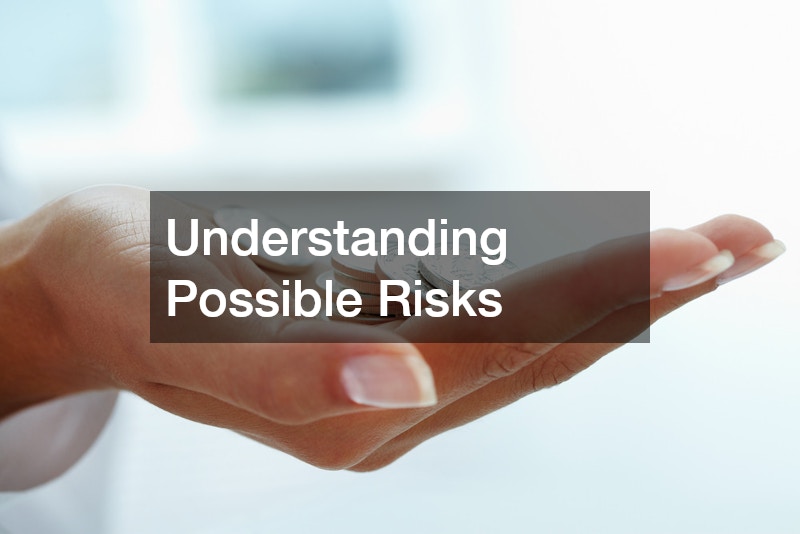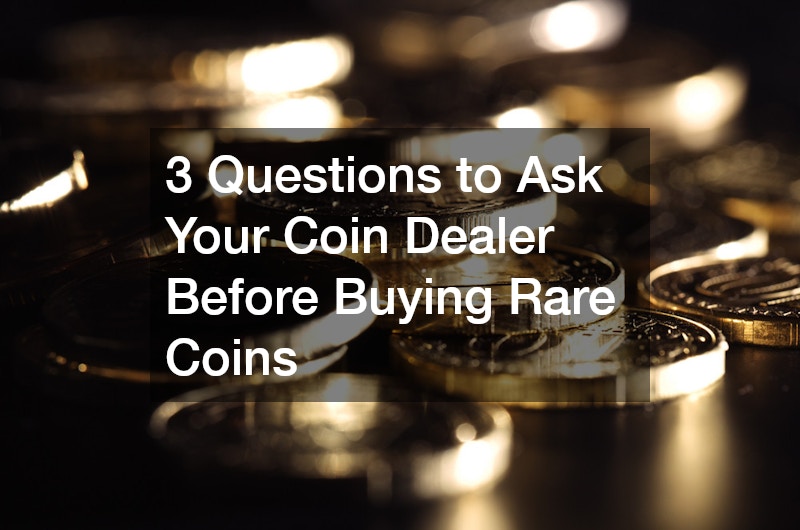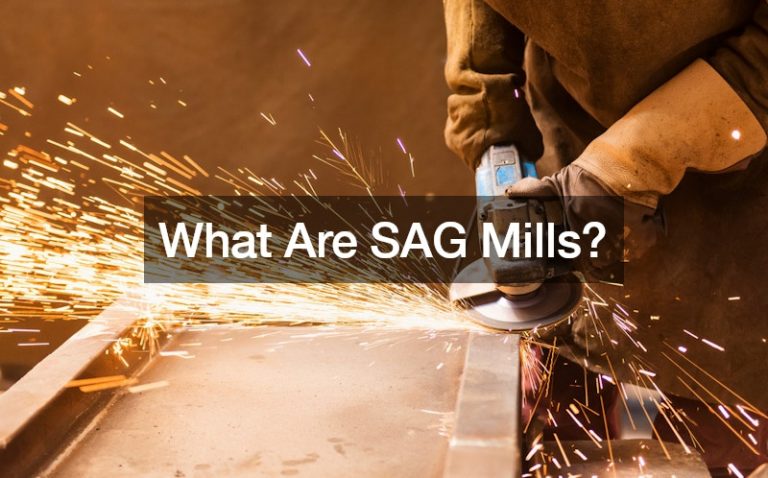3 Questions to Ask Your Coin Dealer Before Buying Rare Coins

Purchasing rare coins can be an exciting investment opportunity, but entering the world of numismatics requires careful consideration and knowledge. With the intrinsic allure of holding a piece of history in your hand, it’s essential to approach each purchase with diligence. To help you make informed decisions, here are three crucial questions to ask your coin dealer before making a purchase.
1. How is the Coin’s Authenticity Verified?
Importance of Third-Party Grading Services
Third-party grading services play a vital role in the numismatic world by providing independent verification of a coin’s authenticity and condition. Such services, like PCGS and NGC, employ expert graders who evaluate coins under strict industry standards.
Utilizing a third-party grading service can offer peace of mind, ensuring that your investment is both genuine and accurately assessed.
Authenticity verification through grading services not only prevents you from purchasing counterfeit coins but also preserves the value of your collection. By certifying a coin’s grade, these services maintain a uniform grading system that is recognized globally. When buying rare coins, confirming the authenticity through these independent verifications is a prudent step in safeguarding your investment.
To maximize the benefits of third-party grading, always inquire with your dealer if the coins have been certified or graded by a renowned service. This adds a layer of trust and credibility to your transaction. Additionally, a certified coin typically has a higher resale value, making it an essential factor for future investment potential.
Recognizing Counterfeit Coins
With the proliferation of counterfeit coins, especially in online marketplaces, being able to recognize fakes is an invaluable skill for any collector. Counterfeit coins can range from crude copies to sophisticated forgeries that require expert analysis to detect. Therefore, consulting a trustworthy dealer who has experience identifying fraudulent coins becomes crucial.
Building your knowledge about mint marks, weights, and distinctive features of genuine coins can help you spot inconsistencies. Many fakes are made of inferior metals, which results in a different weight or appearance when compared to authentic pieces. Engaging with an honest and knowledgeable dealer ensures that you benefit from their expertise in identifying and avoiding counterfeit coins.
In addition to consulting dealers, utilizing resources like numismatic books or participating in coin shows can expand your understanding of authentic coin characteristics. These experiences not only increase your knowledge but also enhance your ability to recognize and avoid counterfeit coins. Making use of these resources is an effective method of enhancing your coin buying strategy.
2. What is the Coin’s Historical Significance and Rarity?
Analyzing Historical Context
Every rare coin tells a story, and understanding its historical context can add profound meaning and value to your collection. A coin’s origin, the era it represents, and the historical events it may have witnessed all contribute to its appeal. Taking the time to research and appreciate these narratives can enhance your collecting experience.
The historical significance of a coin is often reflected in its market value; a coin associated with an important historical figure or event can command a premium. By understanding the historical narrative behind a rare coin, you also gain insight into its long-term appreciation potential. A knowledgeable dealer can provide details about a coin’s backstory, which influences both its desirability and value.
When evaluating historical significance, consider factors like the coin’s age, origin, and the condition it has been preserved in over the years. By assessing these factors, alongside rarity, you gather a comprehensive understanding of the coin’s true worth. It’s incredibly beneficial to integrate historical analysis into your decision-making process when buying rare coins.
Determining Rarity and Market Demand
Rarity plays a crucial role in determining a coin’s value, and it’s essential to assess it by analyzing mintage numbers and surviving specimens. A low mintage often indicates higher rarity, which can significantly enhance a coin’s market position. However, rarity alone does not dictate value—market demand also plays a significant part.
Understanding market demand can be more challenging, as it fluctuates based on collector interest and economic factors. A coin might be technically rare, but if it lacks the interest of collectors, its value could be impacted. Therefore, gauging both rarity and market demand allows you to make better-informed purchasing decisions.
3. What are the Investment Potential and Risks?
Evaluating Long-term Value
The long-term investment potential of rare coins depends upon several factors, such as historical significance, condition, and market trends. Collectively, these factors can influence a coin’s appreciation over time, offering the potential for profit. Understanding these dynamics is crucial in evaluating a coin’s prospects as a sustainable asset.
Historical coins with documented provenance or those that are part of limited editions generally have solid long-term value. These coins are coveted by collectors and can contribute positively to the overall worth of your collection. Approaching your purchase with a clear understanding of these elements ensures a more strategic investment.
Understanding Possible Risks
Lack of market knowledge and unexpected economic shifts are common risks associated with investing in rare coins. However, by conducting thorough research and consulting with knowledgeable dealers, these risks can be mitigated. Diversification within your coin collection can also help reduce potential losses.
Market volatility can affect the value of coins, but owning a diversified collection can provide stability during fluctuating market conditions. Another risk factor is purchasing from less reputable sources, which increases the chance of acquiring counterfeit or overvalued coins. Ensuring you work with a reliable dealer reduces these risks significantly.
Investing in rare coins can be a rewarding hobby and a profitable venture if approached with care and knowledge. Gaining expertise in areas like authentication, historical significance, and market demand will bolster your confidence as a collector. By asking these essential questions, you’re better equipped to navigate the complexities of coin collecting and make well-informed decisions.







